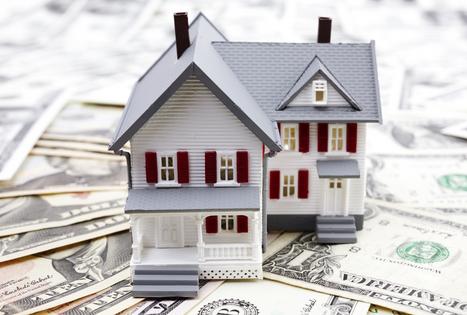Couple seeks clarification on tax implications if they sell their second home
Q: In 2020 my husband and I paid cash for a condo that my college son has lived in while going to school. He is about to graduate and get married. We are now contemplating selling the home.
We make over $100,000 a year. We plan to use the profit from the sale of the home to purchase another property. Are we allowed to do so without paying long term capital gains?
A: The answer to your question depends on how you treated the condo. Was it an investment property that you rented to your son and perhaps his friends? Or, was it a second home that your son used during his college years?
What does it mean to treat the condo as an investment for tax purposes? You’d have rented it to your son, collected rent regularly and reported the ownership of the condo as an investment to the IRS. If that’s the case, you may have some options available to you that would allow you to defer paying any taxes on the sale of the condo.
On the other hand, if you simply purchased the condo as a second home for your son to use and never treated the condo as an investment, your options to avoid paying tax at this point are quite limited.
When second homes are sold, the IRS will require you to pay capital gains tax on the profits from the sale. In this case, you’d owe long-term capital gains tax, assuming you’ve owned the property for at least a year.
The tax treatment for second homes is completely different. Provided homeowners have lived in their home as a primary residence for two out of the last five years, the IRS allows them to keep up to $250,000 in profits per owner, or up to $500,000 for married couples.
But real estate investors do get some tax breaks from the IRS if they are selling an investment property. Let’s say you owned the condo for several years and treated it as an investment property during those years. Let’s further assume you collected rent from your son. On your annual tax returns you would have shown income, losses and depreciation from your ownership of the condo. When you made repairs or improvements to the condo, you’d have been able to write those off as well.
When real estate investors sell their properties, they may be able to use a provision of the IRS tax code that allows sellers of investment real estate to exchange the current investment property for a new investment property. Section 1031 of the IRS tax code, which is also known as a tax-deferred exchange, gives you the ability to postpone any taxes that you might have to pay on the sale of the investment property to a later date. But that benefit is conferred only after you’ve jumped through a few hoops.
First, you must sell the investment property through a special type of company that specializes in tax-deferred exchanges. These companies are referred to as qualified intermediaries as they receive and hold the proceeds from the sale of your investment property. They then assist you in purchasing your replacement investment property. The funds being held are then used to close on the purchase of the new investment property.
...continued










